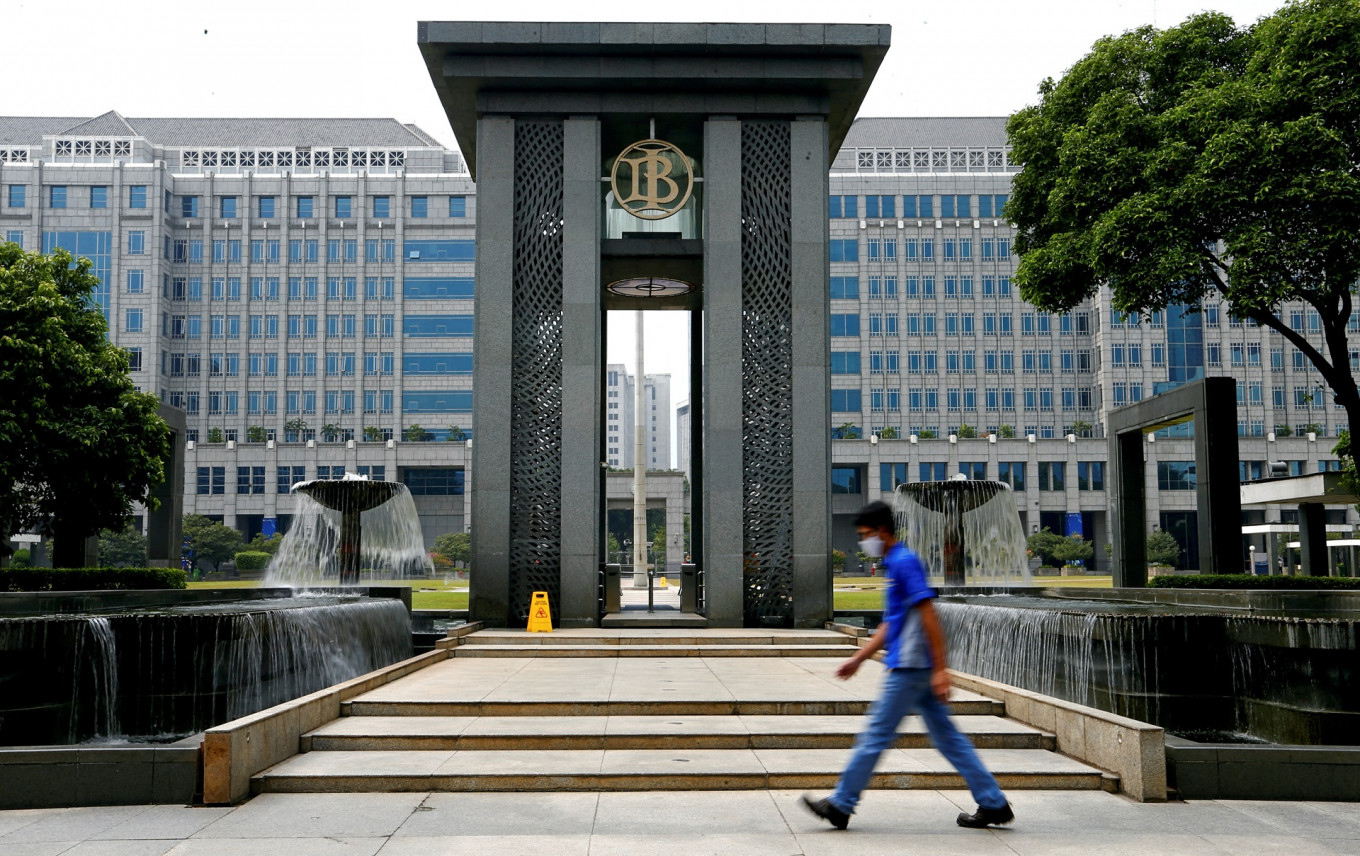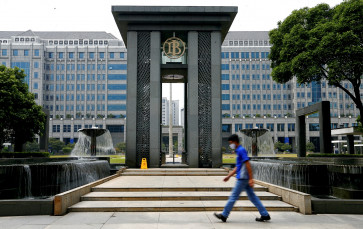Popular Reads
Top Results
Can't find what you're looking for?
View all search resultsPopular Reads
Top Results
Can't find what you're looking for?
View all search resultsThe evolving role of culture in the banking sector
Globally, the traditional view is shifting and for Indonesia's banking sector, this presents both a challenge and an opportunity.
Change text size
Gift Premium Articles
to Anyone
W
hat kind of culture defines your organization or community? For many, particularly in the banking sector, the answer has long been a conservative and hierarchical one.
Banking institutions have historically been known for their rigid structures, strict compliance expectations and risk-focused mentality. This was perhaps inevitable, given the heavily regulated nature of the industry and the immense responsibility banks carry in financial intermediation and settlements.
However, globally, that traditional view is shifting, at least in part, and for Indonesia's banking sector, this evolution presents both a challenge and an opportunity.
The turning point in how culture is viewed in banking came in the wake of the 2008 global financial crisis. The collapse of major banks and the subsequent systemic turmoil were not just failures of regulation or risk modeling, they were cultural failures.
The profit-at-all-costs mentality and lack of ethical guardrails were laid bare, prompting regulators, particularly in advanced economies, to take action not only on risk policies but on embedding a culture of risk awareness throughout banking organizations.
This cultural recalibration meant that risk management could no longer be relegated solely to risk managers and auditors, i.e. the second and third lines of defense. Rather, the so-called first line, frontline business and sales units, needed to actively participate in identifying, assessing and managing risk.
This shift demanded more than new procedures, it called for a new culture, one that encourages employees, regardless of title or seniority, to speak up, to question and to act when something seems wrong. Fostering such a culture requires creating psychological safety, a workplace climate where employees feel safe to raise concerns, offer feedback, and challenge norms without fear of reprisal.



















